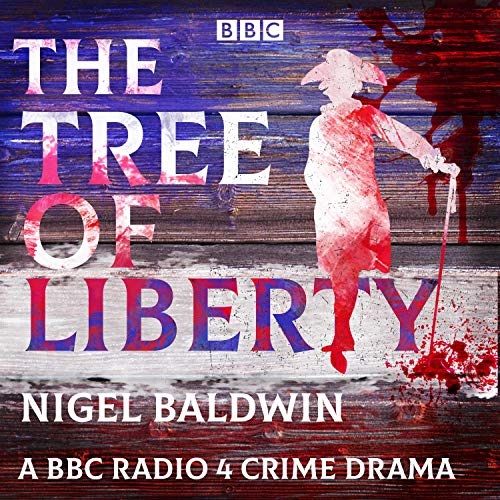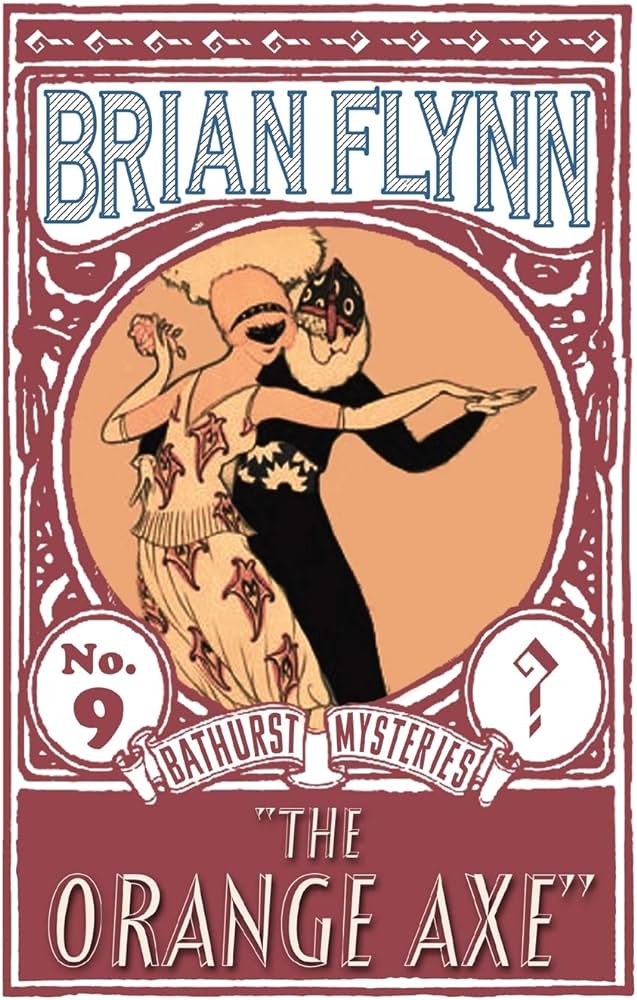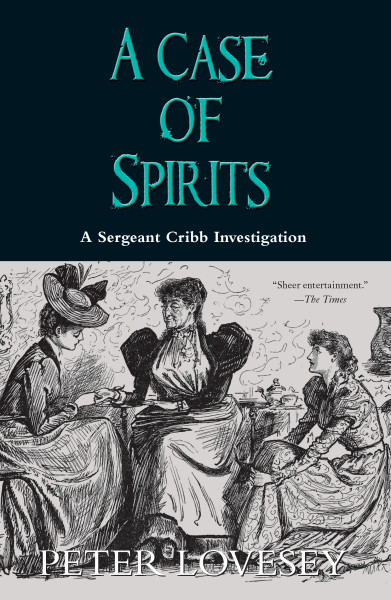
Martin Edwards (ed)
Originally Published 2017
I have mentioned before that I am a bit of an unbeliever when it comes to short stories. I understand and respect the craft and I know that it can actually be far harder to write a really effective short story than a novel. I just have not found many that I could get all that excited about.
The Long Arm of the Law is one of the more recent short story collections published as part of the British Library Crime Classics range. Once again Martin Edwards has curated the collection, writing a general introduction explaining the themes of the book and individual shorter introductions for each story.
I would say that on the whole this is an enjoyable read, though I think there are a number of stories here that feature policemen as a character rather than being about the police investigation. The good ones though are superb and well worth your time.
The Mystery of Chenholt by Alice and Claude Askew
A fairly straightforward story in which Inspector Vane is approached by a butler who is worried his master is secretly poisoning his wife. Expect to see the twist coming though it doesn’t outstay its welcome.
The Silence of PC Hirley by Edgar Wallace
I couldn’t get into this somewhat open-ended story about a case of blackmail that escalates into murder. The most memorable thing about the story was one character referring to his wife as being ‘very seedy’ which apparently has a secondary meaning that I was unaware of.
The Mystery of a Midsummer Night by George R. Sims
A very thinly veiled fictionalized account of the Constance Kent case that you can find out more about in Kate Summerscale’s excellent The Suspicions of Mr. Whicher. This is quite a readable story but given it draws such heavy inspiration from a real case, the revelation at the end makes little impact.
The Cleverest Clue by Laurence W. Meynell
Told in the form of a barroom reminiscence, this story involves an academic who is developing an anti-aircraft defense being caught up in some intrigue. I liked the background to this and thought the resolution was good, though I think it gets a little cute with the titular clue.
The Undoing of Mr Dawes by Gerald Verner
Cute and unlike the previous story the policeman plays an important part in this one. The story involves a jewelry heist and the policeman’s efforts to see the mastermind put away for the crime. The way it is managed is quite clever and it is a pleasure to read. I’d be interested in trying more Verner so if anyone has any recommendations, please share!
The Man Who Married Too Often by Roy Vickers
Given my love of inverted mysteries it will come as no surprise at all that Roy Vickers has been on my radar for a while. I have a volume of his Department of Dead Ends mysteries that has sat near the top of my To Read list since Christmas. If this tale is anything to go by I’ll have to push them higher.
The story concerns a woman working on the stage who contrives to marry a Marchioness through a Becky Sharp-style piece of manipulation. Later she gets a couple of cruel surprises that lead her to commit murder.
The development of her case features some entertaining twists and reveals while the resolution is superb. I might, if I were nitpicking, complain that I think the police get their solution without a strong base of evidence but I was entertained by the conclusion. One of the gems of this collection!
The Case of Jacob Heylyn by Leonard R. Gribble
The most noteworthy thing about this story for me was that one of its characters happens to rubbish a key element of the previous story. I was curious whether its respective placement was coincidence or intentional.
The mystery certainly isn’t bad but it lacks the distinctive characters or lively plotting of some of the other stories in this collection.
Fingerprints by Freeman Wills Crofts
Hooray! Just when I thought that I had exhausted all of Crofts’ inverted tales I stumble on this gem. It is an incredibly short tale that gives use the basic details of what leads Jim Crouch to give himself away when he murders his uncle. Inspector French turns up and in just a few paragraphs he is able to point out why this is not the suicide it appears to be. Clever and entertaining.
Remember to Ring Twice (1950) E. C. R. Lorac
One of the shorter tales in the collection, this concerns a policeman overhearing a conversation at the bar and then shortly afterwards being called to a crime scene that is linked to one of the participants in that conversation. I can’t say this gripped me but the mechanics of how the crime is committed and its inspiration are interesting enough.
Cotton Wool and Cutlets by Henry Wade
I have been on a bit of a Henry Wade kick lately and I must confess to having been drawn to read this by the inclusion of one of his short stories. Unsurprisingly I found this to be one of the stronger crime tales in the collection, both in terms of the depiction of the police and also in the case itself.
With regards the former, one of the things I think this gets right is it shows you some of the ego and competition involved in any workplace. In terms of the latter, the premise of the faked suicide is handled exceptionally well and is undone through some simple evidence. It is interesting to discover how the crime was worked and the motivation behind it.
After the Event by Christianna Brand
{Whoops – my comments on this story were missed when I first posted this review. Thanks to Kate for indirectly prompting me to realize this!}
This story made me realize how I hope that at some point there may be a theatrical mysteries collection. This story is recounted by the Great Detective many years after it took place and involves a strangling taking place after a performance of Othello.
It all hinges on a rather simple idea but it is brilliantly executed and I was caught completely by surprise. One of the highlights of the collection.
Sometimes the Blind by Nicholas Blake
This is one of the shortest stories in the collection but it packs a lot into just a few pages. The tale is recounted by a policeman who is using it to illustrate how there are many cases where the police know who was responsible for a crime but cannot prove it sufficiently for the criminal to ever be charged with it. The story explores the motivations of the killer convincingly and I thought the ending was superb.
And now I’m kicking myself for having yet to get around to reading any of the Blake novels I have on my Kindle…
The Chief Witness by John Creasey
A superb story that packs an emotional wallop and manages to pack a neat revelation in that genuinely caught me by surprise. The story concerns the death of Evelyn Pirro who is found strangled in her bed. The immediate assumption is that her husband, whom she had started arguing violently with, was responsible though no one can understand what caused a seemingly devoted and loving couple to turn on each other.
The story is exceptionally written and Creasey manages to create three dimensional characters in just a handful of pages. The use of the child is particularly effective, the character being written as innocent but still able to provide some important information.
Old Mr Martin by Michael Gilbert
A bit of an odd one, though I found it to be quite entertaining. The owner of a sweet shop is killed by a car in what seems to be a hit and run accident. The Police are called to look at his basement where they find something that shouldn’t be there and hints at a crime.
The story was highly unpredictable and handled very well. The ending is not unexpected but I think executed very effectively.
The Moorlanders by Gil North
I found the action in this story impossible to follow which surprised me as I had little problem following the Cluff novel I tried recently. It’s not a dialect thing or a lack of familiarity with the characters that’s to blame – it just doesn’t communicate its ideas. To illustrate: I had to reread the story to pick up that there had been a motorbike accident. Unfortunately it ends the collection on a somewhat disappointing note.




Leave a comment